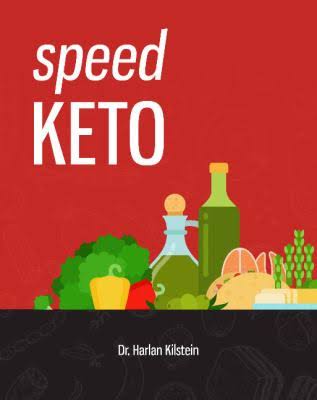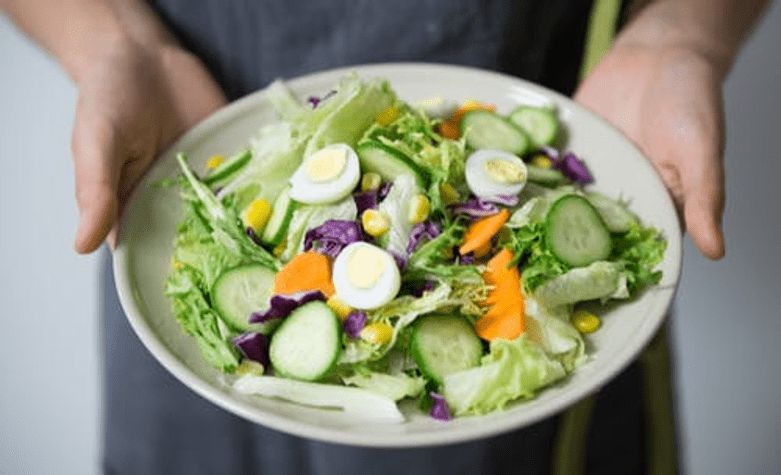
For this reason, it is crucial to boost your diet and tick every nutritional box to make you healthier and happier. While our body is capable of producing certain nutrients, it’s not programmed to synthesize carbohydrates, proteins, fats, and micronutrients.
And having a snack on the right, healthy food supplies your body with every single nutrient. Let us delve into what nutrient density is so we can learn how to get our daily dose of nutrients.
What is Nutrient Density?
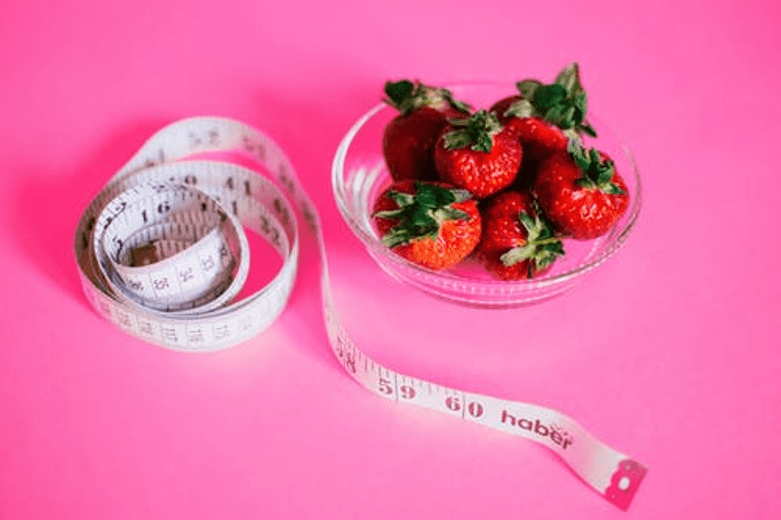
Before you jump onto the nutrient-dense food bandwagon, it is vital to get familiarized with the concept of nutrient density.
When you consider a burger and cheesy broccoli salad, you would undoubtedly choose the latter one as it is a healthier alternative. However, when you are stuck with choosing between broccoli and brussels sprout, the real pain begins as both are veggies and healthy. So, which one do you turn to? That is where the nutrient density of the food comes into the picture!
Nutrient density is the nutritive value the food provides you concerning the number of calories. In fact, several studies have revealed that food can be considered nutritionally dense when you get a maximum amount of nutrients but fewer calories from its consumption.
To know more about the nutrient content in fruits, you can read: Top 10 Low Carb Nutritious Fruits
Why is Nutrient Density Important?

Do you know that to have smooth anatomical functions like a healthy digestive system, you must get a sufficient amount of 40 varieties of micronutrient? So eating the right food will not only keep your body healthy, but it will also protect you from chronic diseases and increase your lifespan.
It might surprise you that a studyshows that the deficit of magnesium in your body is linked to depression and anxiety. Likewise, less intake of vitamin D deficiency causes cardiovascular disease, metabolic syndrome, and immune dysfunction.
That’s not all! When you suffer from conditions like gastritis, dysbiosis, and small intestinal bacterial overgrowth, your body’s nutrient requirement increases as these conditions decrease the way your intestine absorbs them from food. For all these reasons introducing and sustaining nutrient density is super important.
Benefits of Nutrient Density
Once you kick start designing your diet plan while taking maximum care of the nutrient density, you will be able to reap a myriad of benefits. And with the noticeable results in the body, switching to healthier meals and lesser processed food won’t take long. You will also witness the magic as your body recovers quickly from any illness and injury.
What’s more, you may wonder? The answer: with immense care of nutrient density, you no longer have to fret about the soaring level of high cholesterol and blood pressure. All the worries about suffering from chronic diseases like osteoporosis, diabetes, and even cancer can be kept at bay!
Moreover, you may be surprised to feel more energized than ever, even at the end of the day. Yet another perk is that with nutrient density in check, your weight will automatically be managed, and you won’t have to worry about tummy fats.
What Are High Nutrient Density Foods?

Kale
Considered as the king of leafy greens, this veggie offers you fiber, vitamins B6, antioxidants, minerals like copper, manganese, magnesium, calcium, potassium, and so on. Coming to the actual numbers, a 100 g of kale contains merely 50 calories, but 3 grams of protein and 2 grams of fiber!

Seaweed
Seaweeds, with their anti-inflammatory, anti-oxidant properties, magnesium, calcium, manganese, and iron content, are often considered more nutritious than land plants. They improve your metabolism and burn fat with their fucoxanthin content. Also, you will not have to worry about calories as you will get calories as low as 306 from 100 gm of seaweed.

Potatoes
Being the most filling food, even 100g of potato can offer you plenty of nutrients and just about 77 calories. They can offer a bit of every essential nutrient you may need, including copper, iron, magnesium, potassium, manganese, along with vitamins B and C.

Egg Yolk
Referred to as ‘Nature’s Multivitamin,’ eggs are the most nutritious food of all. It is filled with the goodness of antioxidants, proteins, good fats, and something called choline, which helps in preventing various deadly diseases, including Alzheimer’s disease!
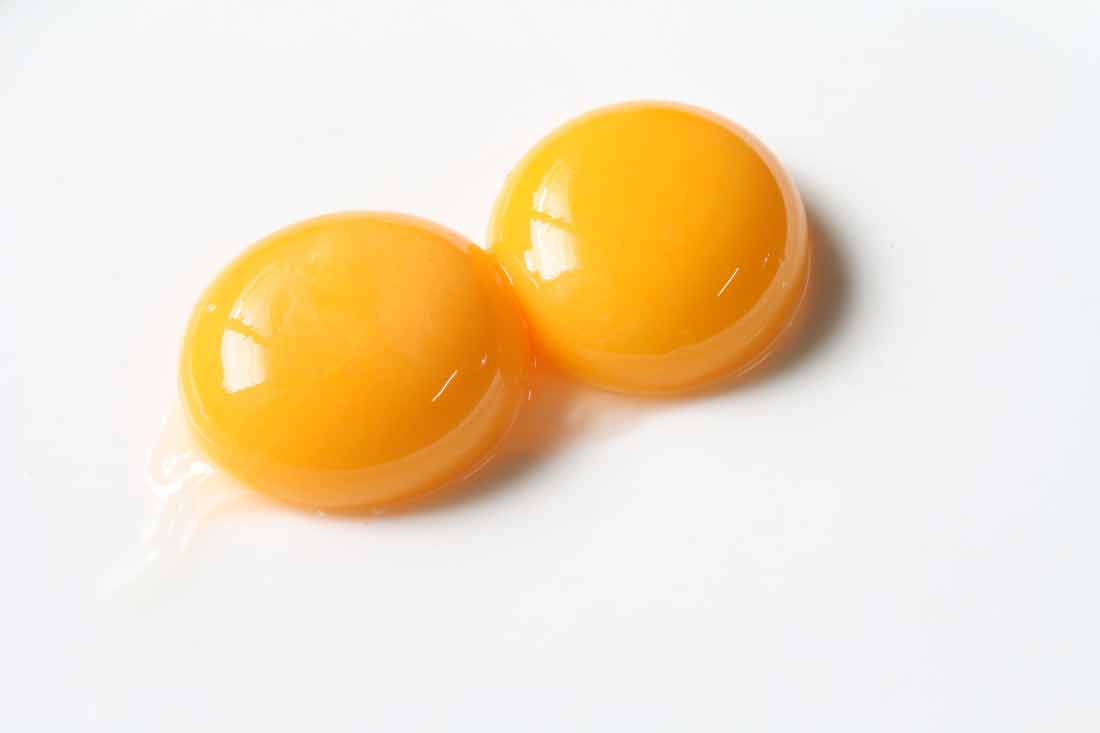
Blue Berries
Studies show that blueberries are super healthy for human brains. It can offer you powerful antioxidants, vitamins, minerals, and everything for a healthier body with only about 57 calories in 100 grams!

How Do You Increase Nutrient Density?
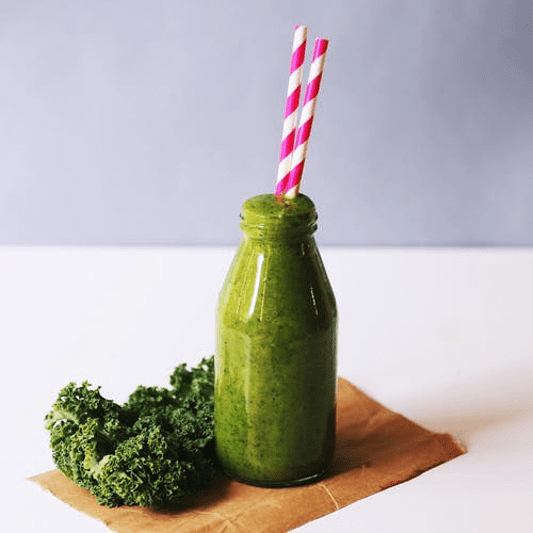
It is not easy to give up on your delicious snacks that are calorie-rich but lack nutrients. However, if you are serious about increasing the nutrient density of your body, replacing your usual beverages with juices made up of leafy greens or fruits with no added sugar should be the first step. This not only controls your calorie intake and but also prevents teeth decay.
Also, instead of oily and processed snacks that give you bad cholesterol, you can form a habit of chewing on veggies like cucumber, tomatoes, carrots, cabbages, and so on. And try not to fill your tummy with chips and bread as they will only add more calories than nutrients leading to obesity. Instead, swap them with broccoli, beetroots, carrots, pumpkin, and other veggies.
What’s more, you may ask? The answer: it’s advisable to make sure to have a side filled with healthy vegetables alongside your meals to get all the nutrients in one go. Choose colorful vegetables for your healthy recipes like purple cabbage, beetroots, kales, sweet potato, pomegranate, turmeric, and others!
For more information on to improve your diet read our blog on 2 Ways and Whys to Do Diet Break – All You Need to Know
Other Articles you may like.
A-to-Z Guide to Finding Balanced Energy
In the health world, Balanced Energy is the art of consuming just the optimum amount of calories so you can fuel your body’s basic functions, the activities of daily living, and exercise.
5 Alarming Signs of Over-Training
Overtraining is real. You should carefully listen to your body when it sends signals of fatigue. There’s a difference between training very hard for better gains and results and training very hard to the point of over working your body.
Get rid of stubborn belly fat and keep it off, here’s how!
Who wants belly fat? Find out ways to reduce your belly fat. It is not as hard as you think. Some minor changes in your routine will make a difference.
Find out how.





